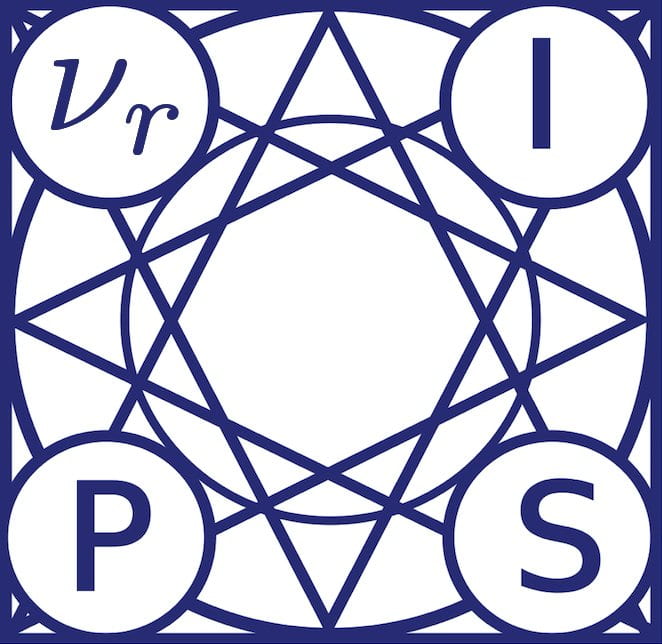 Learning-based methods, and in particular deep neural networks, have emerged as highly successful and universal tools for image and signal recovery and restoration. They achieve state-of-the-art results on tasks ranging from image denoising, image compression, and image reconstruction from few and noisy measurements. They are starting to be used in important imaging technologies, for example in GEs newest computational tomography scanners and in the newest generation of the iPhone.
Learning-based methods, and in particular deep neural networks, have emerged as highly successful and universal tools for image and signal recovery and restoration. They achieve state-of-the-art results on tasks ranging from image denoising, image compression, and image reconstruction from few and noisy measurements. They are starting to be used in important imaging technologies, for example in GEs newest computational tomography scanners and in the newest generation of the iPhone.
The field has a range of theoretical and practical questions that remain unanswered. In particular, learning and neural network-based approaches often lack the guarantees of traditional physics-based methods. Further, while superior on average, learning-based methods can make drastic reconstruction errors, such as hallucinating a tumor in an MRI reconstruction or turning a pixelated picture of Obama into a white male.
This virtual workshop aims at bringing together theoreticians and practitioners in order to chart out recent advances and discuss new directions in deep neural network-based approaches for solving inverse problems in the imaging sciences and beyond.
The NeurIPS workshop will take place online either December 11 or 12 (TBD). At the workshop, we will have contributed talks as well as contributed posters. Detailed information about the scope of the workshop can be found at https://deep-inverse.org/, including directions for submission. Submission at OpenReview will be open from September 1 until the submission deadline of October 2, 2020. The session is being co-organized by RIce DSP Alum faculty member Reinhard Heckel, Rice Alum faculty member Paul Hand, Soheil Feizi, Lenka Zdeborova, and Rice DSP faculty Richard Baraniuk.
